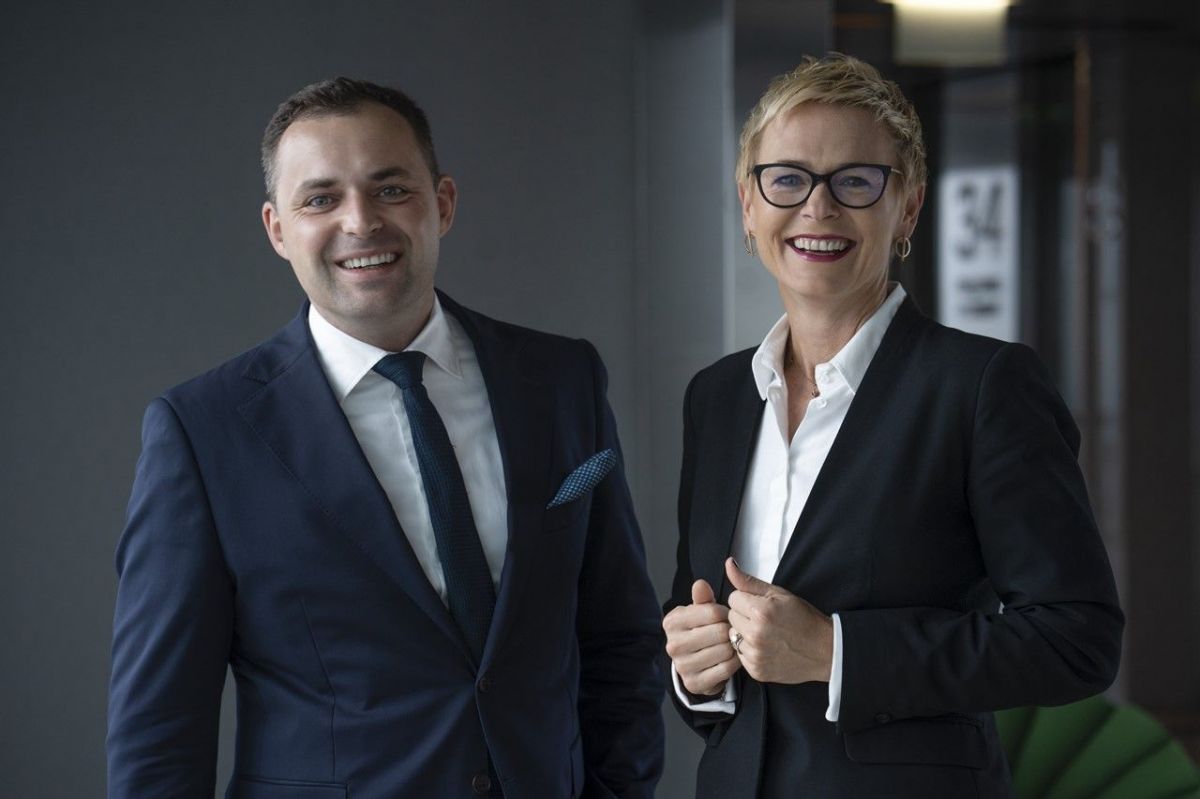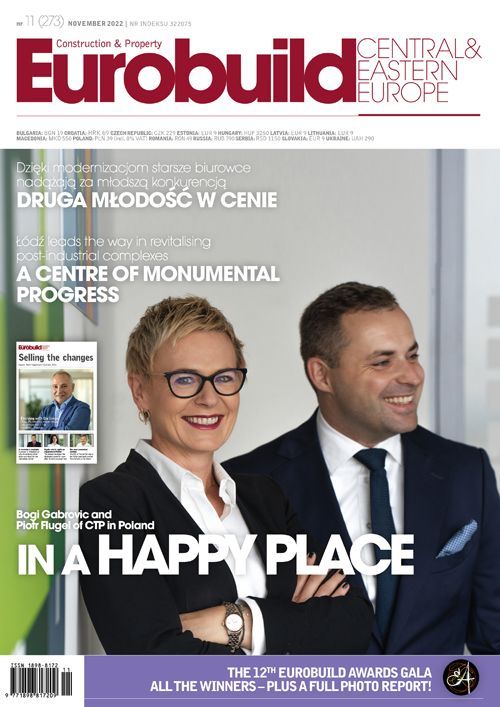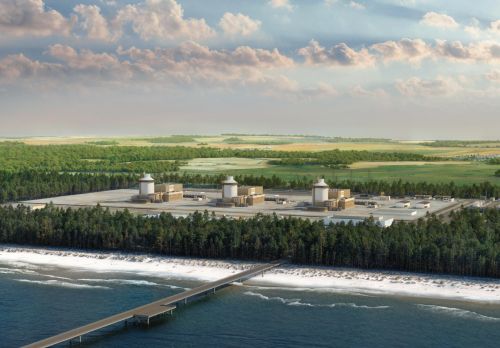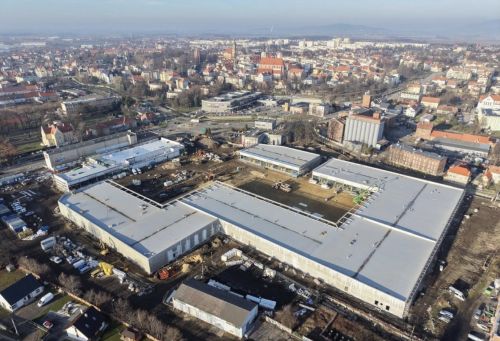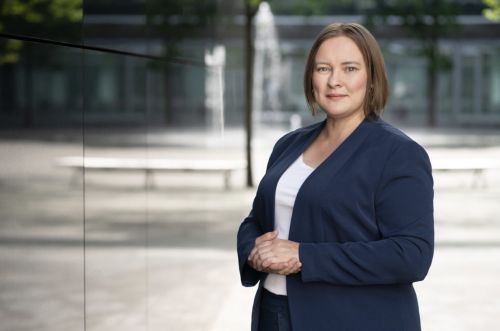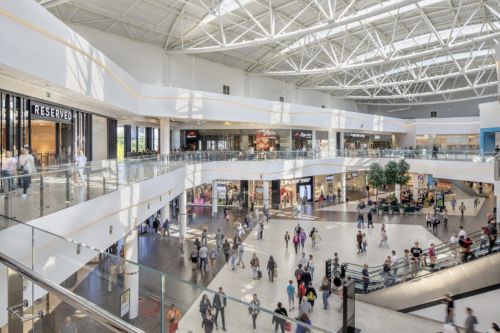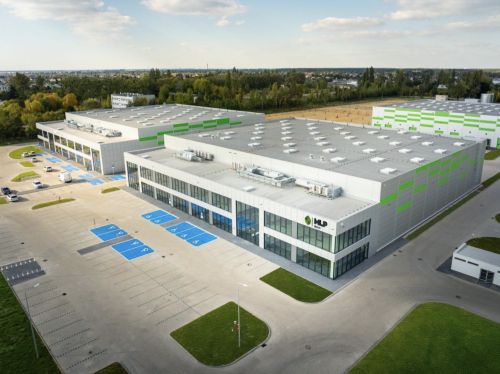Tomasz Cudowski, ‘Eurobuild CEE’: You’re a relatively new player on the Polish warehouse market. What encouraged you to enter this country?
Bogi Gabrovic, Poland country CFO, CTP: It was a natural step in our development after starting in the Czech Republic and Slovakia and later entering other EU countries. In our opinion, Poland is ideal for growing a warehousing business – it borders Germany, one of the largest consumer markets in Europe, while the labour costs are still relatively low, and the skills and abilities of local staff are high, which just demonstrates the constant improvement in the education levels of the population. Since 2011, Poland has been a secure market for investment. The sectors and trends that are driving this growth might change – depending on the period, this might be e-commerce, industry or nearshoring – but there’s always enough fuel for this sector.
Piotr Flugel, Poland country construction director and COO, CTP: I also have to mention tha
